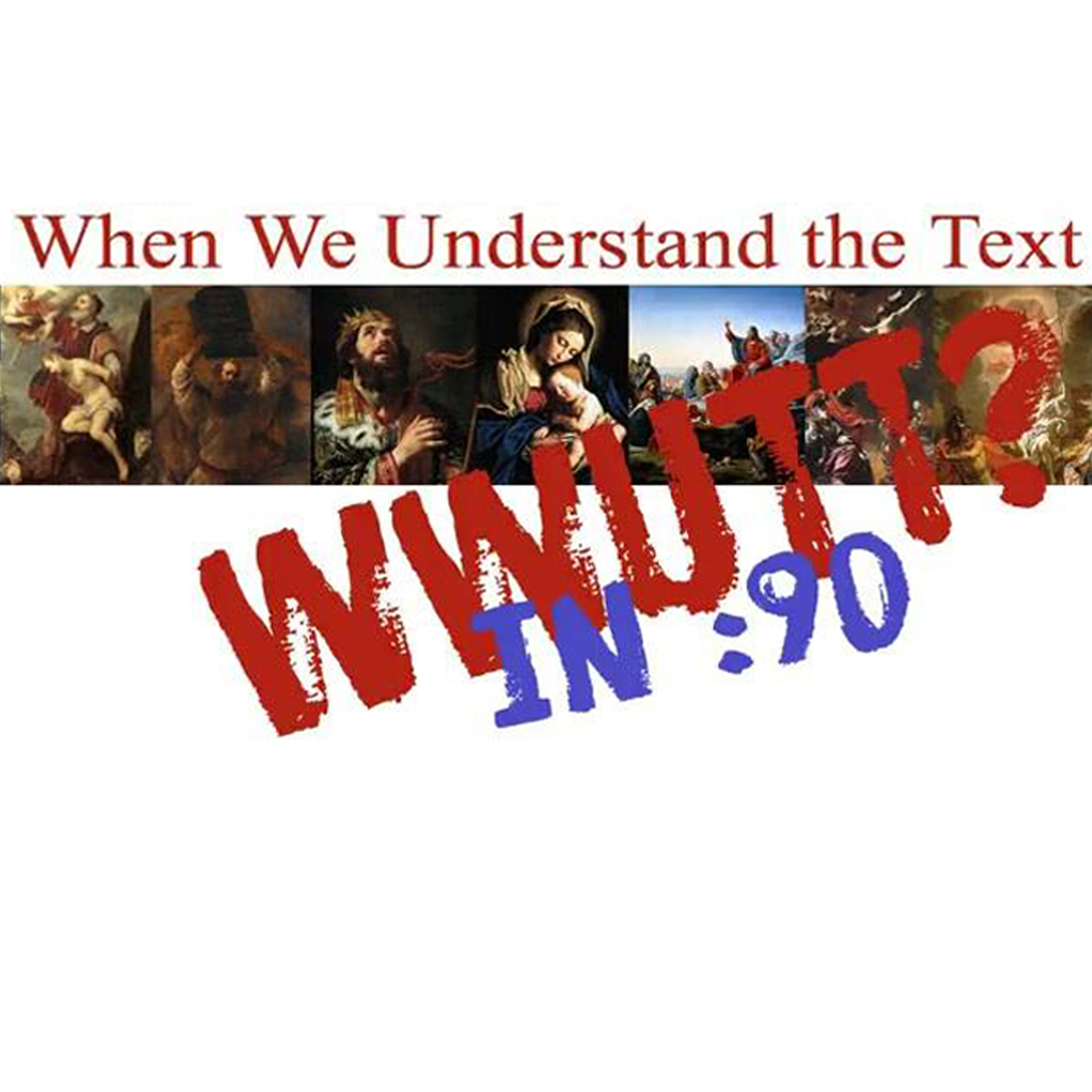
As we examine how true Islam is and the accuracy of its claims, we need to look at the “Historical Muhammad”. The earliest biography we have on Muhammad’s life is Sirat Rasul-Allah, by Ibn Ishaq, written in 770 AD.
Now, compare this date with the earliest historical writings we have about Jesus Christ. The earliest canonized Gospel account we have about Christ was written at about 70 AD. However, Paul writes about Jesus’ life in his epistles as early as the late 40’s – even according to the most skeptical of accounts. So, if Christ was crucified at around 30 AD, and less than 20 years later, and you have Paul writing about Him, there is pretty strong grounds in regards to the facts of Jesus’ life as recorded in Paul’s letters. 1 Corinthians 11 talks about Jesus’ last supper in the upper room with His disciples. 1 Corinthians 7 relays Jesus’ teachings on marriage. And, we read about disciples of Jesus who saw Him risen from the dead in 1 Corinthians 15. Contrast this to Muhammad who died 150 years before the earliest writings of his life were written.
That’s a problem.
This problem is compounded by the fact that most Muslim scholars (and most non-Muslim scholars as well) agree that in the intervening period between Muhammad’s life and the writing of his first biography, there were countless fabrications of his statements, and interpolations on his life.
In other words, people were in the business of making up stories about Muhammad between his life and the time Sirat Rasul-Allah was written. Therefore, we have a lot less certainty since Muhammad’s earliest biographical sources are simply not as reliable, when compared to the writings of Jesus Christ.
All this to say, anything that is spoken as truth regarding Muhammad’s life, innately comes with a huge question mark. How can we know, when the writings are so far removed from Muhammad, himself?
That said, if a Muslim were to come to you and say, “We can know that Muhammad was a prophet of God”, your response should be, “Well, let’s look at the sources. And, when we do look at them, we can see that there are things about Muhammad that are certainly good, but there are also several bad things… even some things that are just plain ugly”.
Some of the “good things” written about Muhammad are:
He was dedicated to social reform, especially early on in his “prophethood”. He ended female infanticide and helped widows and orphans. He put an end to polytheism where Islam spread. He was courageous in that he would not change or compromise what he was teaching for anyone. And he sometimes showed great mercy.
On the flipside, there were some terrible things that Muhammad did, including a laundry list of assassinations he ordered.
He had Abu Afak and Asma – two people who had done no wrong at all – killed because they dared to say publicly that Islam was dangerous for Arabia. Asma, a mother of five who said that someone should stand up to Muhammad, was murdered while breastfeeding one of her children. And Muhammad said the assassination was completely justified.
Ka’b was a treasurer of a city who was tortured by having a fire kindled on his chest, then ultimately beheaded because he wouldn’t tell Muhammad’s men where the city’s money was hidden.
Other assassinations Muhammad was responsible for include: the one-eyed shepherd, Sallam, Kinana, Abdullah, Abdullah’s daughter and Sara.
Yet, know this – I am not asserting that Muhammad was a horrible person, so no one should believe in Islam. I am merely presenting these facts as a response to an apologetic. If a Muslim were to say, “Muhammad was a great man, therefore the Qur’an is the word of God and Islam is the religion from God”, the factual response should be, “Well, if we look at the sources, we do find some good things. But we find a lot of bad things as well.”









